Congratulations Fabricius for Doctoral Thesis Excellence!
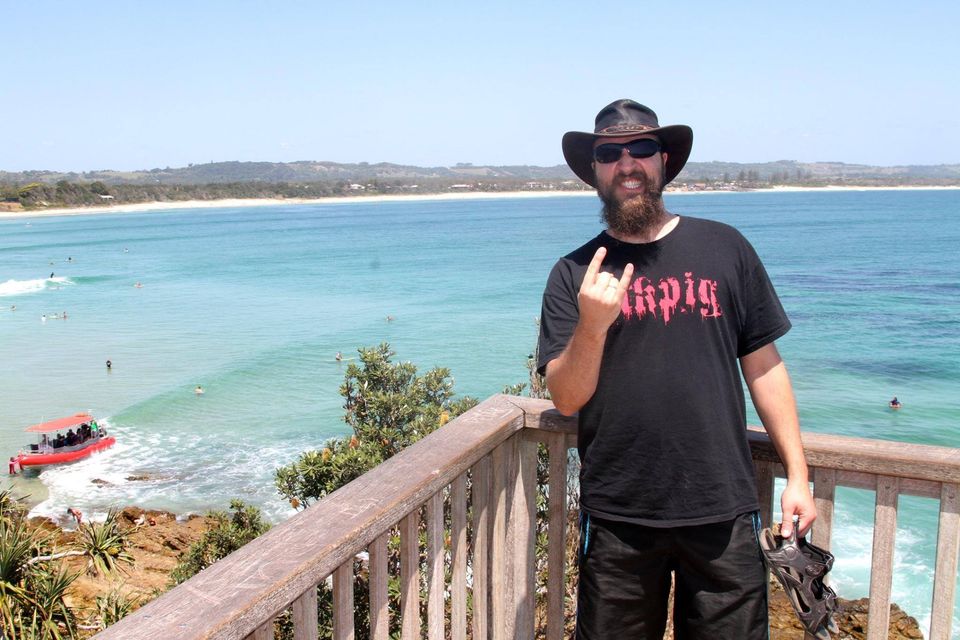
Congratulations to MELFU’s Fabricius Domingos for being awarded the Vice-Chancellor’s Prize for Doctoral Thesis Excellence. This award recognises his outstanding academic performance in the course leading to the Doctor of Philosophy (PhD). Put it in another way, this is a badass PhD thesis about the evolution of lizards from Brazil’s Cerrado. PARABÉNS FABRICIUS!!
SWINGER to the rescue of endangered species!
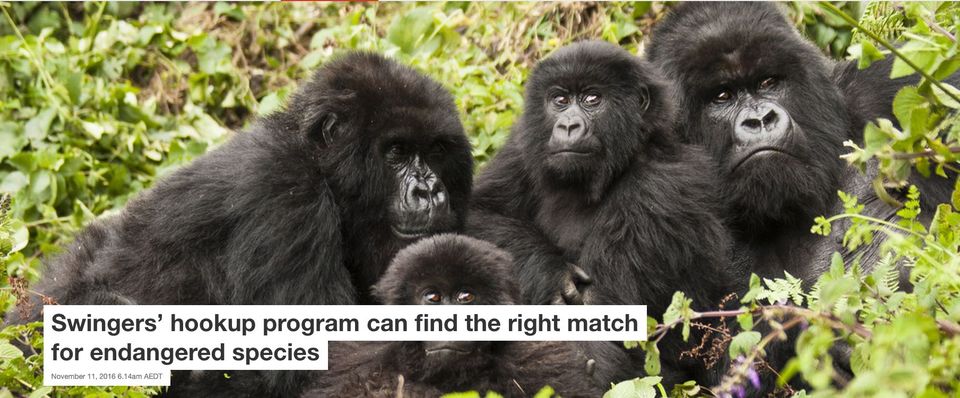
We have created SWINGER, the first computer software with an algorithm that uses information from DNA to match-make endangered animals for captive breeding. A quick look at the popularity of online dating services shows us that people are pretty comfortable with letting an algorithm choose them a mate. Now we want to do a similar thing […]
Oceanography limits connectivity in southern Australia
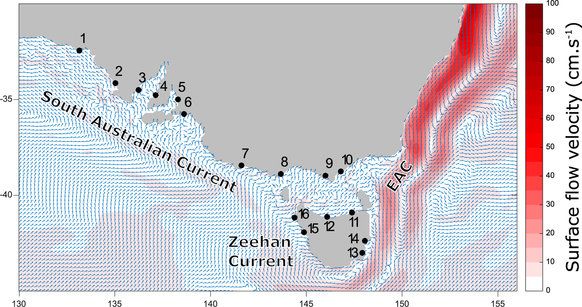
Our paper about marine connectivity just published in Nature’s Scientific Reports has important implications for the design of marine protected areas (MPAs), especially in South Australia. We jointly analysed oceanographic connectivity simulations and highly resolving genetic data and show that coastal currents – instead of promoting dispersal across vast regions as traditionally assumed – are actually […]
MELFU’s first PhD thesis in landscape genomics
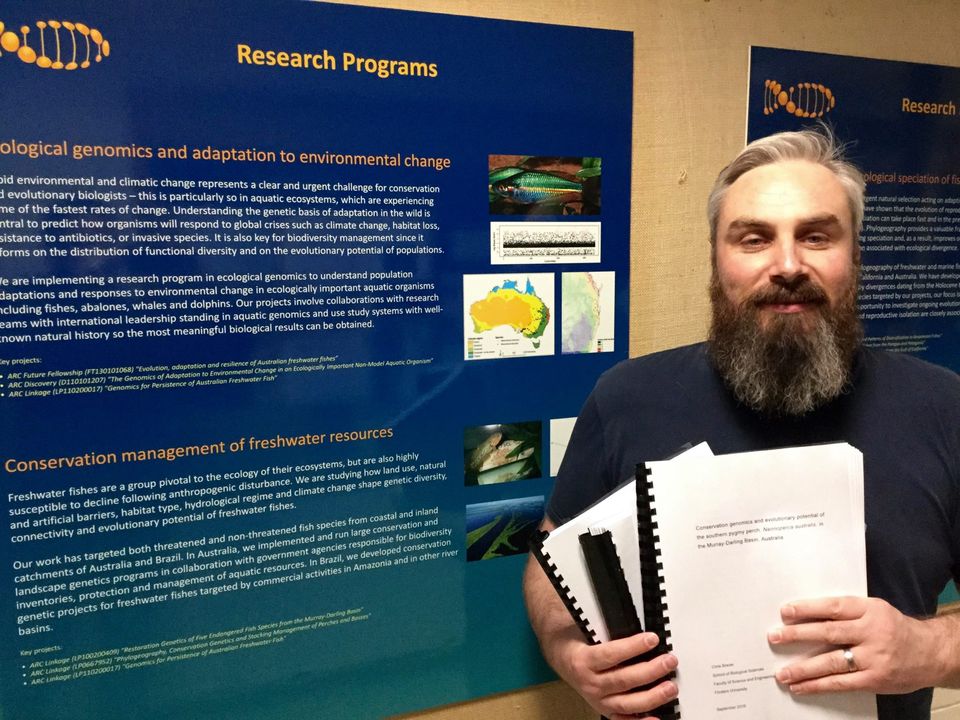
Congratulations Chris Brauer for finishing his PhD thesis! PhD #17 of the MELFU and the lab’s first thesis on “population genomics”. This work pioneers conservation genomics studies for southern hemisphere aquatic animals.Thesis title: “Conservation genomics and evolutionary potential of the southern pygmy perch, Nannoperca australis, in the Murray-Darling Basin, Australia”
Fieldtrip to the Galápagos to save extinct biodiversity
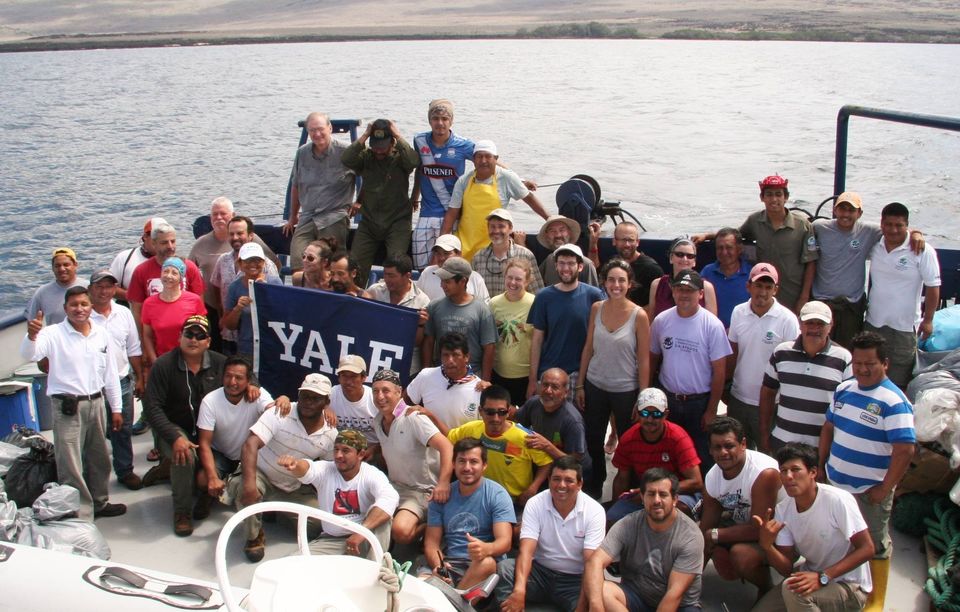
In November/December 2015 we went on an expedition to the Galápagos Islands in search of two extinct species of giant tortoises. It may sound like a fool’s errand, but our expedition was a success. Here’s how we did it.
Our seascape genetics study is a ‘feature article’ in MEPS!
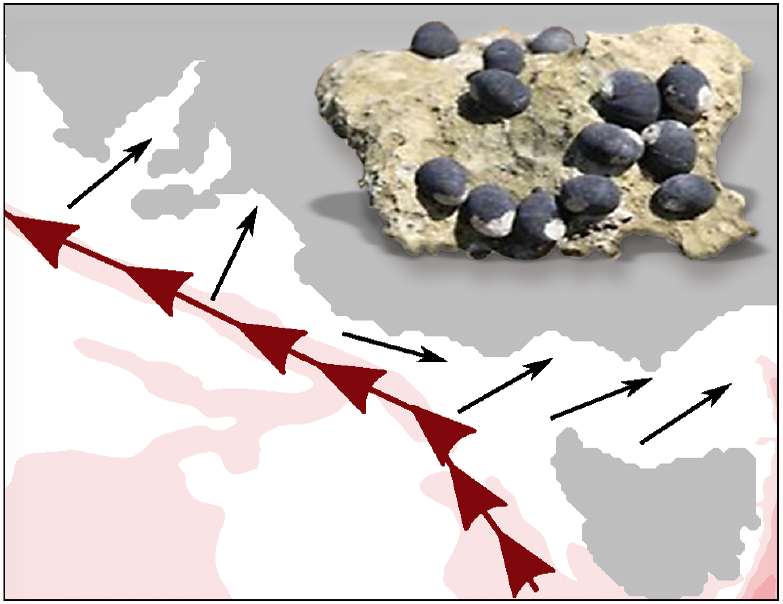
Boundary currents are often considered to be the main drivers of connectivity among populations of coastal animals. Teske and co-workers combined population genetic data from a southern Australian snail that has a very long planktonic larval duration with simulations of connectivity based on oceanographic data. They show that most propagules never reach the region’s boundary […]
Great results from our reintroduction project!
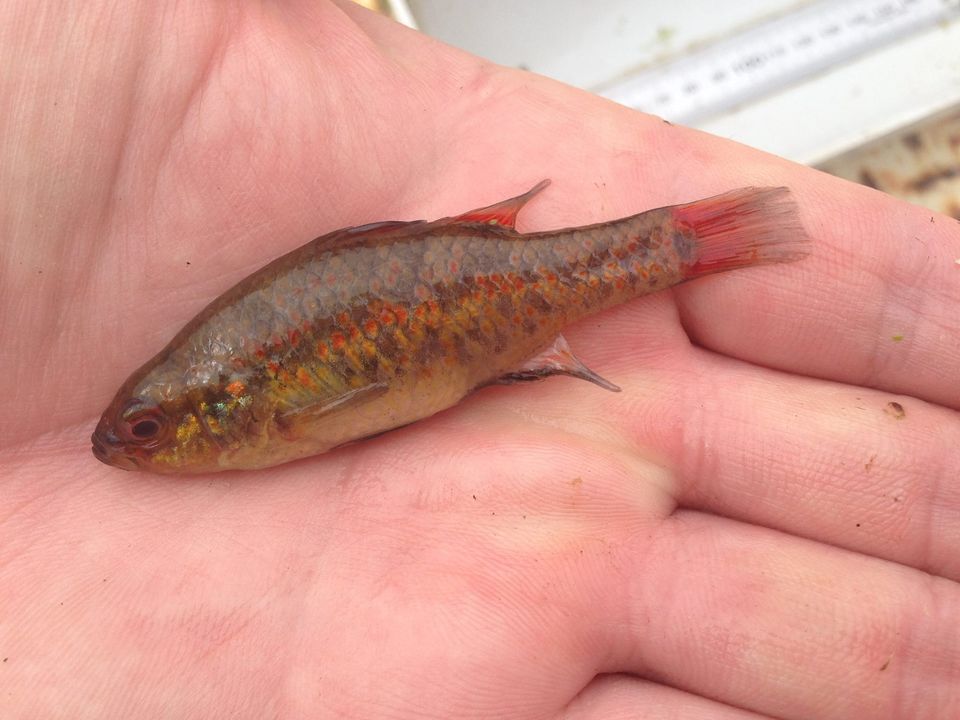
Conservation work can sometimes be a little depressing but we have some great news from one of the projects in the lab. Recent fieldwork on Hindmarsh Island resulted in the capture of 45 southern pygmy perch (including pregnant females) at one of the sites where fish from the captive breeding program were released in 2011. This […]
Successful sampling of rainbowfish ecotypes
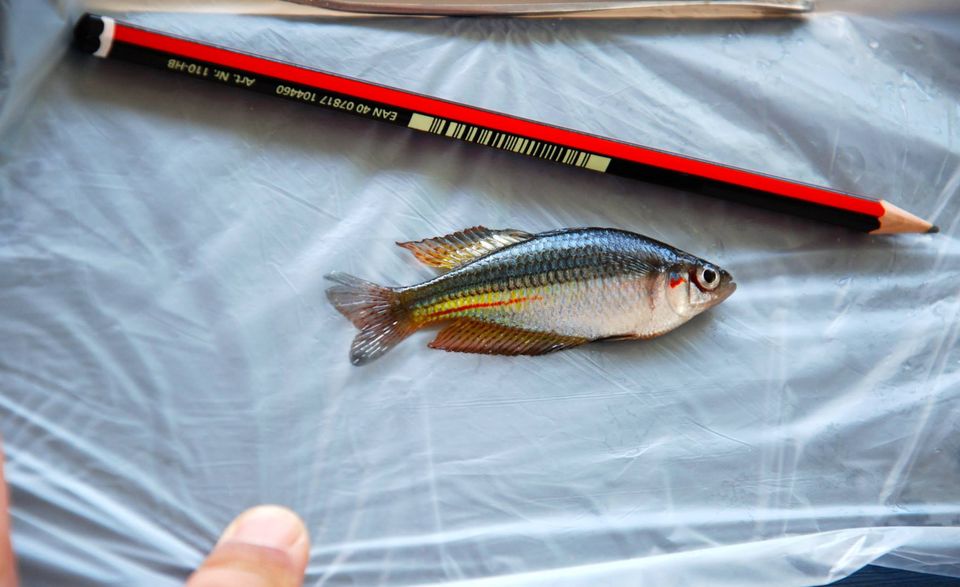
Between September and December 2014 or team travelled over 10,000 km along eastern and central Australia to sample climatic ecotypes (i.e. locally adapted populations) of rainbowfish. We successfully managed to transport live specimens from the 7 ecotypes targeted by these expeditions to our captive breeding facility in Adelaide. All populations are already breeding! We also […]
Documentary: Blue whales expedition to the Maldives!
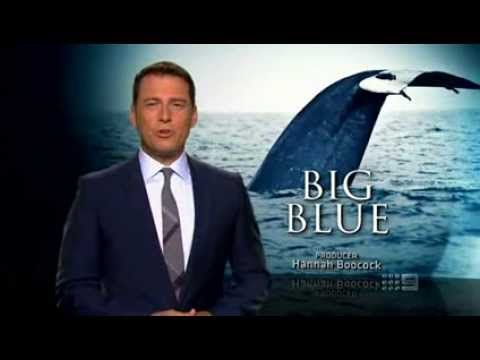
TV program “60 Minutes” recently featured a documentary about the adventures of A/Prof Luciana Moller and Dr Cat Attard while working with blue whales in the Maldives. In addition, MELFU has recently embarked on a novel conservation genomics project of blue whales funded by the Sea World Research & Rescue Foundation – high resolution data are […]
Congratulations Steve and Peter for new faculty positions!
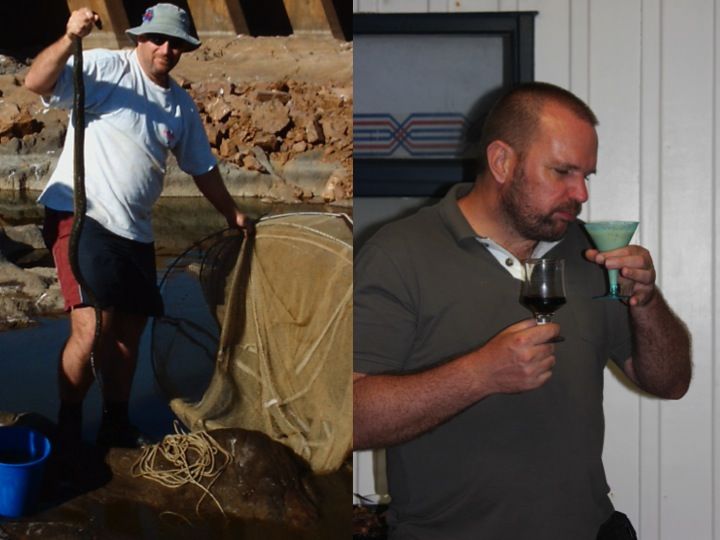
Congratulations to the MELFU’s senior (literally speaking!) research fellows! 2013 has been a great year for Steve Smith and Peter Teske. They have been offered tenure academic positions at University of Veterinary Medicine Vienna and at University of Johannesburg, respectively. Steve has recently left Adelaide and is now enjoying the mountainous landscape and cheap Austrian beer, […]


